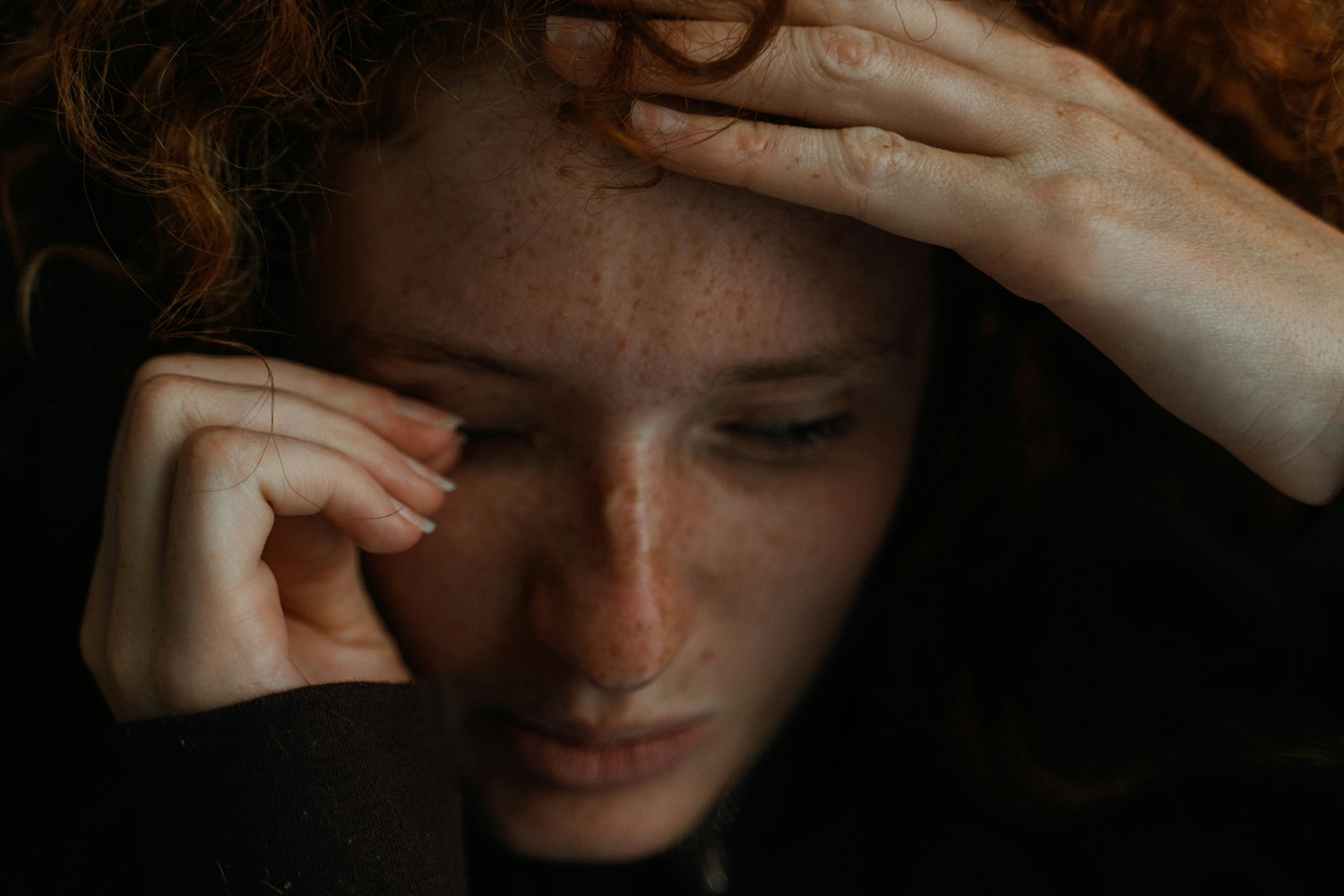Post-Traumatic Stress Disorder (PTSD) is a mental health condition that can develop after a person experiences or witnesses a traumatic event. While it’s natural to feel frightened, anxious, or stressed in the aftermath of trauma, PTSD occurs when these feelings persist and worsen over time, interfering with daily life.
What Is PTSD?
PTSD is a mental health condition marked by intense fear, flashbacks, nightmares, and emotional numbness after experiencing or witnessing a traumatic event. While it’s common to have short-term emotional distress after trauma, individuals with PTSD continue to relive the event through intrusive memories or become highly sensitive to triggers associated with the trauma.
What Causes PTSD?
But what exactly causes PTSD? It’s important to note that it’s not simply about the traumatic event itself but how the individual responds to it, their personal history, and their ability to cope. There is no single cause of PTSD, as different people experience trauma in different ways. However, several types of experiences are known to increase the risk of developing PTSD. Some common experiences include:
Experiences That Increase Risk of PTSD
- Combat or Military Exposure: PTSD is often associated with soldiers and veterans who have been exposed to combat, warfare, and life-threatening situations. The stress of combat, seeing fellow soldiers wounded or killed, or being in constant danger can lead to PTSD.
- Physical or Sexual Assault: Experiencing or witnessing physical or sexual violence, whether in adulthood or childhood, is a leading cause of PTSD. Survivors of rape, domestic violence, and abuse often struggle with lasting psychological effects, including PTSD.
- Accidents: Being involved in a serious accident, such as a car crash, workplace incident, or any life-threatening event, can result in PTSD. Even if the accident doesn’t cause physical injury, the emotional toll can be immense.
- Natural Disasters: Surviving events like hurricanes, earthquakes, floods, or wildfires can cause intense trauma. The suddenness and devastation of natural disasters can leave people feeling vulnerable and helpless, leading to PTSD.
- Sudden Death of a Loved One: Losing a close family member or friend unexpectedly can trigger PTSD, especially when the death is violent or unexpected. Grief combined with the shock of loss can make it difficult to process emotions, resulting in PTSD symptoms.
- Childhood Abuse or Neglect: Traumatic experiences during childhood, such as physical, emotional, or sexual abuse, can have long-lasting effects. Children who grow up in abusive or neglectful environments may develop PTSD that persists into adulthood.
- Witnessing Violence: You don’t have to experience trauma directly to develop PTSD. Witnessing violent events such as shootings, physical assaults, or other life-threatening situations can also lead to PTSD. Even if the person wasn’t in immediate danger, seeing others suffer can be deeply traumatic.
- Medical Trauma: Undergoing life-threatening medical conditions, surgeries, or treatments can be traumatic, particularly if the individual felt powerless or scared during the experience. Surviving cancer, heart attacks, or complicated surgeries can sometimes result in PTSD.
Why Do Some People Develop PTSD and Others Don’t?
Not everyone who experiences trauma will develop PTSD. There are several factors that determine whether someone is more likely to develop PTSD after a traumatic event. The more severe or life-threatening the trauma, the more likely it is to cause PTSD. Repeated trauma, like ongoing abuse or combat exposure, also increases the risk. Individuals with a personal history of mental health conditions, such as depression or anxiety, are more vulnerable to developing PTSD. Additionally, a past history of trauma can make someone more susceptible to future PTSD. Prolonged trauma, such as living through years of domestic abuse or serving in a combat zone for an extended period, makes PTSD more likely than a single, isolated traumatic event.
Can You Prevent PTSD?
Having a strong support system after a traumatic event can significantly reduce the risk of developing PTSD. Family, friends, and community support can help individuals process the trauma and feel less isolated. Genetics and brain chemistry play a role in how individuals respond to stress and trauma. Some people may be more biologically prone to PTSD due to inherited traits or abnormalities in their brain’s stress response systems. People with healthy coping mechanisms may be at lower risk of developing PTSD. Those who use avoidance strategies, substance abuse, or self-isolation instead of confronting their feelings may have a harder time recovering from trauma.
While PTSD is usually associated with life-threatening or violent events, it can also develop in response to highly stressful life situations, even if they aren’t life-threatening. The emotional upheaval of a difficult divorce, particularly if it involves custody battles or domestic violence, can trigger PTSD. Bullying, harassment, or witnessing violence at work can cause trauma, leading to symptoms of PTSD in some individuals. Finally, receiving a life-altering diagnosis or dealing with a chronic illness can be traumatic enough to result in PTSD symptoms.
Warning Signs of PTSD
Some common early warning signs of PTSD include:
- Frequent flashbacks or intrusive thoughts about the traumatic event
- Avoiding people, places, or activities that remind you of the trauma
- Feeling on edge, hypervigilant, or easily startled
- Difficulty sleeping, concentrating, or managing anger
- Emotional numbness or feeling disconnected from others
- Persistent negative thoughts about yourself or the world
If you recognize these signs in yourself or someone else, it’s essential to seek professional help. At BATT, our PTSD therapists are standing by ready to help. Consider making an appointment today. It just takes a phone call.







